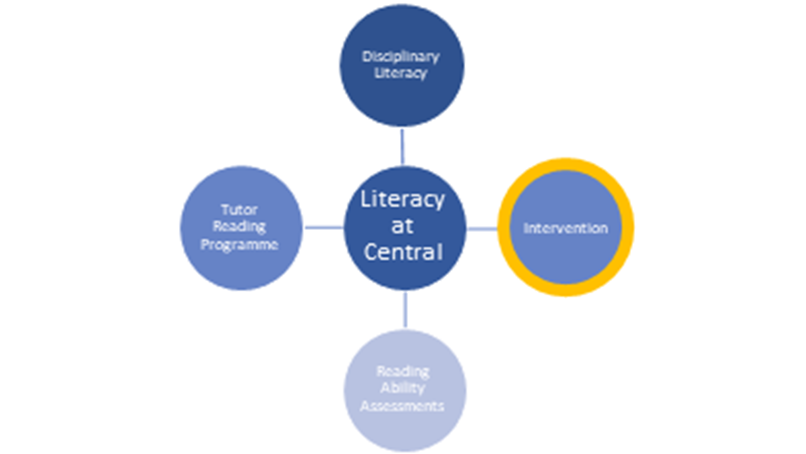Assessment and Monitoring:
All students who enter the Academies are assessed for baseline reading, spelling and complete MiDYAS testing. This information is used alongside other data to identify students who may require additional support. Intervention sessions are provided to target specific development needs and the progress of each student is monitored closely. Students who do not make progress in light of interventions may be subject to our SEND monitoring procedures and may be placed on the SEN register, where further support and interventions may be offered. The SEN register is reviewed on an ongoing basis to ensure that students are moved through the SEN stages of the Code of Practice in an accurate and timely manner.
All SEND pupils are subject to the Graduated Approach as per the SEND Code of Practice:
Assess: Teachers are supported by the SENCO to gather summative and formative assessments to identify needs of learners accurately. Screening assessments are also carried out by the Inclusion Team to assess reading age, spelling age as well as dyslexic and dyscalculic tendencies. Information is shared with relevant HoD, HoY, YTM, SEND staff, parent and external professionals when and where necessary. Staff will also escalate SEND concerns via the electronic SEND Concerns form.
Plan: A plan is developed in response to the information gathered. In agreement with teacher, parent, pupil and SENCO, the appropriate support will be coordinated. Expected impact is decided according to need and review date decided.
Do: Plan is implemented. SENCO and HLTAs track progress using the SEND Tracker which tracks targets, plans and reviews for every SEND pupil at RRCA. Subject teachers retain responsibility for progress of SEND pupils. HQT is first means of intervention (this may be supported by pupil passport, targeted support and specialist professional advice when necessary).
Review: Every half-half term, impact is measured and next steps decided. If expected progress is not met, APDR cycle is amended following consultation with stakeholders and restarts the following half term.
Exam Support
Some students may be entitled to exam access arrangements – this is where a student may be able to access support during internal Academy exams and formal GCSEs.
To access this support, the student will be tested using approved tests which identify if the child may have a specific need in an exam.
The results of these tests will then inform whether additional support can be applied for. If a student scores low enough for the Academy to apply for concessions an application to the exam board will take place at which point they will identify what concessions, if any, the student may be entitled to.
If a student is entitled to concessions, the Academy will provide the support required and will encourage the student to use the provision within their lessons in order for it to become the normal way of working and provision will be made away from the main exam hall.
Supporting Literacy
There is a distinct correlation between literacy, reading for pleasure and academic outcomes. If we are to ensure that our pupils become dedicated lifelong learners and acquire the knowledge, skill and outcomes that allow them to shine on the world stage, then we must support them to develop a fluency and love of reading.
Our Literacy Strategy is comprised of a four-stranded approach, which aims to encourage all pupils to read for pleasure and increase attainment through development of reading proficiency regardless of current reading ability.
